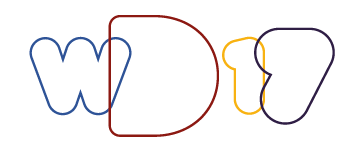TRACK CO-CHAIRS
- Carlos T. Calafate (Universitat Politècnica de València, Spain)
- Anelise Munaretto, (Universidade do Paraná , Brazil)
TOPICS
Over the last decade Mobile Ad-hoc NETworks (MANET) and Wireless Sensor Networks (WSN) have attracted a lot of attention from the network research community. Many efforts have been devoted to this area, producing a significant number of contributions addressing topics like multi-hop routing protocols, MAC protocols, security architectures and mechanisms, etc. Although the fundamental issues of MANET and WSN have been by now largely investigated, a mature understanding of the challenges related to real application scenarios is still missing. Moreover, new application contexts, like inter-vehicular networks or underwater sensor networks are raising exciting new questions. The adaptation to realistic application scenario, the emergence of new application contexts, and the development of new communication technologies (e.g. MIMO, Cognitive Radio), require a reconsideration or an adaptation of the initial ideas and approaches originally designed for MANET and WSN, respectively.
The purpose of this track is to bring together researchers, engineers, and students from academia and industry, to discuss, share their experiences and exchange new ideas about theoretical and practical aspects of MANET and WSN. We solicit original and unpublished research in all aspects of Ad-Hoc, Sensor and MESH Networks, including, but not limited to, the following topics:
- Unicast and multicast routing
- MAC protocols and scheduling
- Machine to Machine (M2M) Communications, Networking and Applications
- Radio resource management in wireless networks
- Protocols and mechanisms for QoS support
- Self-organization and network reconfiguration
- Security, privacy and trust
- Energy-efficient communications
- Modeling and algorithmic challenges in wireless networks
- WSN for Health/Ecology/Emergency
- Wireless Mesh networks
- Vehicular Ad-Hoc Networks
- Underwater Sensor Networks
- Delay Tolerant Networks
- Implementations, testbeds, and prototypes
